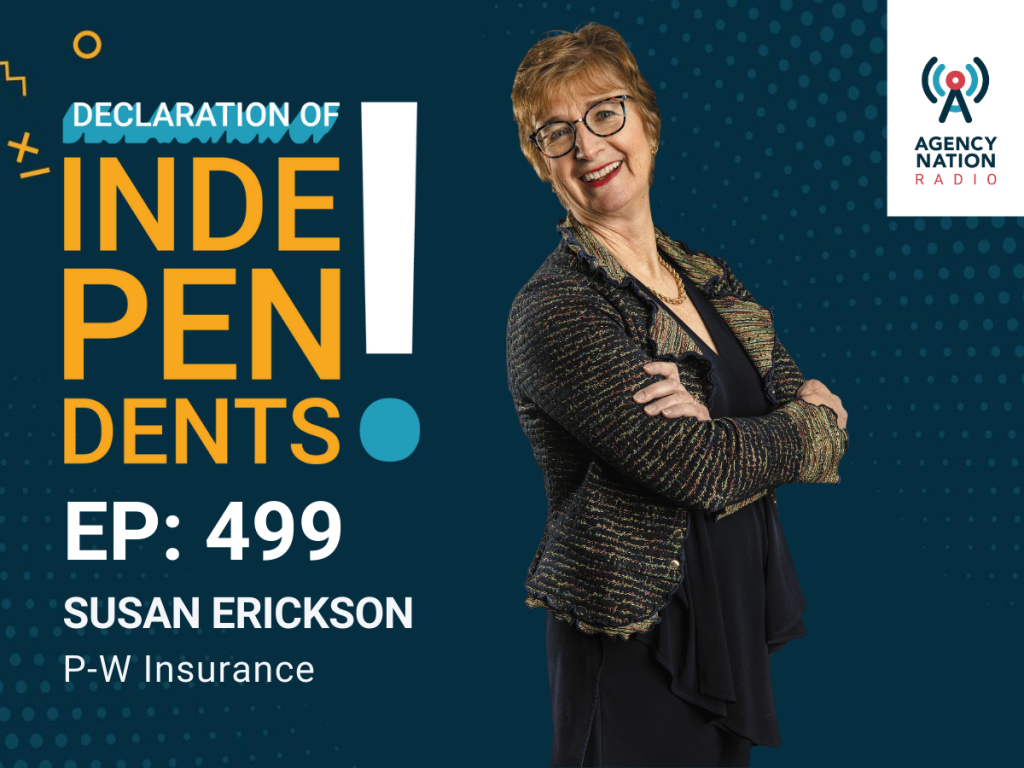Can an Insured Make an Extra Expense Claim Without a Business Income Loss?

An insured runs a small golf course. In January, a fire destroyed the maintenance and storage building. The insured has been able to keep the golf course up and running, but still does not have a functioning maintenance building.
In an effort to keep the business running, the insured planned to install electricity in another metal storage outbuilding, allowing maintenance on the mowers and equipment to be done there, as a new building would take months to complete. The electrical work was going to cost the insured $24,000.
The carrier initially balked at providing coverage as an extra expense, but then offered to pay 50%, based on there being no business income loss. But shortly afterward, the carrier withdrew the offer of 50%. The adjustor said it was because there was no business income loss.

make Your Voice heard at the 2026 Big ‘I’ Legislative Conference
April 22-24 Washington D.c.
The agent sees nothing in the policy that would establish extra expense coverage being triggered by a business income loss.
Q: If there is no suspension of business operations due to a covered loss and no business income loss, can the insured still make an extra expense claim?
Response 1: If the insured has CP 00 30 10 12, the ISO Business Income (and Extra Expense) Coverage Form, that form does not make extra expense coverage contingent on the insured suffering a business income loss. It says that the insurer will pay extra expense, other than the expense to repair or replace property, to:
(1) Avoid or minimize the “suspension” of business and continue operations at the described premises or at replacement premises or temporary locations, including relocation expenses and costs to equip and operate the replacement location or temporary location.
It defines “extra expense” as “necessary expenses you incur during the ‘period of restoration’ that you would not have incurred if there had been no direct physical loss or damage to property caused by or resulting from a Covered Cause of Loss.” The form defines “suspension” as “the slowdown or cessation of your business activities.”
Therefore, all that is needed to trigger extra expense coverage is “direct physical loss or damage to property caused by or resulting from a Covered Cause of Loss.” If it is necessary for the insured to incur expenses to avoid a slowdown or cessation of business resulting from the loss or damage, extra expense coverage is triggered, subject to exclusions and conditions.
What Do the Experts Think?
The question should not be whether the insured suffered a business income loss. The question should be whether the insured necessarily incurred the expense to prevent a business income loss from happening.
Response 2: Yes, there can be an extra expense loss without a business income loss. Assuming the insured purchased CP 00 30 10 12, they must meet the definition of extra expense for extra expenses to be covered.
Will there be a suspension of the business if this electrical work does not occur? Is the wiring necessary for operations to continue? This is the question that the claim adjuster seems to be asking. The adjuster might be saying that, because there has been no business interruption, the building’s wiring is unnecessary.
If the insured can say that the business will be slowed down or stopped without this wiring, then the case can be made for extra expense coverage.
Response 3: As long as you wrote a policy with both extra expense and business income coverage, the insured can put in a valid claim for either or both. As a matter of fact, the carrier should be pleased that the insured found a way to continue operations and avoid a business income loss. Extra expense is often paid to prevent a business income loss or to minimize the business income loss.
Perhaps the claims adjuster is unaware of the aspects that are not tenable in the current situation. You may need to demonstrate how the extra expense payment will prevent increased labor costs or some other costs that would otherwise be incurred during the time the original maintenance building is being repaired.
More on Commercial Property
Your client incurred the expense of setting up a temporary location to maintain the grounds, thereby avoiding a shutdown and potential business interruption loss. If the grounds are not maintained, then golfers cannot use the course. The insured would not have incurred that extra expense had there been no fire at the maintenance storage building, causing physical damage to the property.
Your client is minimizing the potential loss. The adjuster should be on board with that during the period of restoration.
Response 4: The short answer is that you can have extra expense claim items without a business interruption loss. The coverages are both under the time element coverage, but are separately triggered. The specific circumstances you have described seem to support the electrical wiring of another outbuilding as a reasonable expense to continue operations as normally as possible.
The period of indemnity for the time element coverage is from the date of loss to the date the property is restored and operations are back to normal. If the damaged building is not rebuilt, the indemnity period is not over yet. It would be beneficial for you to consider talking with a forensic accountant.
This question was originally submitted by an agent through the Big “I” Virtual University’s (VU) Ask an Expert service, with responses curated from multiple VU faculty members. Answers to other coverage questions are available on the VU website. If you need help accessing the website, request login information.
This article is intended for general informational purposes only, and any opinions expressed are solely those of the author(s). The article is provided “as is” with no warranties or representations of any kind, and any liability is disclaimed that is in any way connected to reliance on or use of the information contained therein. The article is not intended to constitute and should not be considered legal or other professional advice, nor shall it serve as a substitute for obtaining such advice. If specific expert advice is required or desired, the services of an appropriate, competent professional, such as an attorney or accountant, should be sought.













